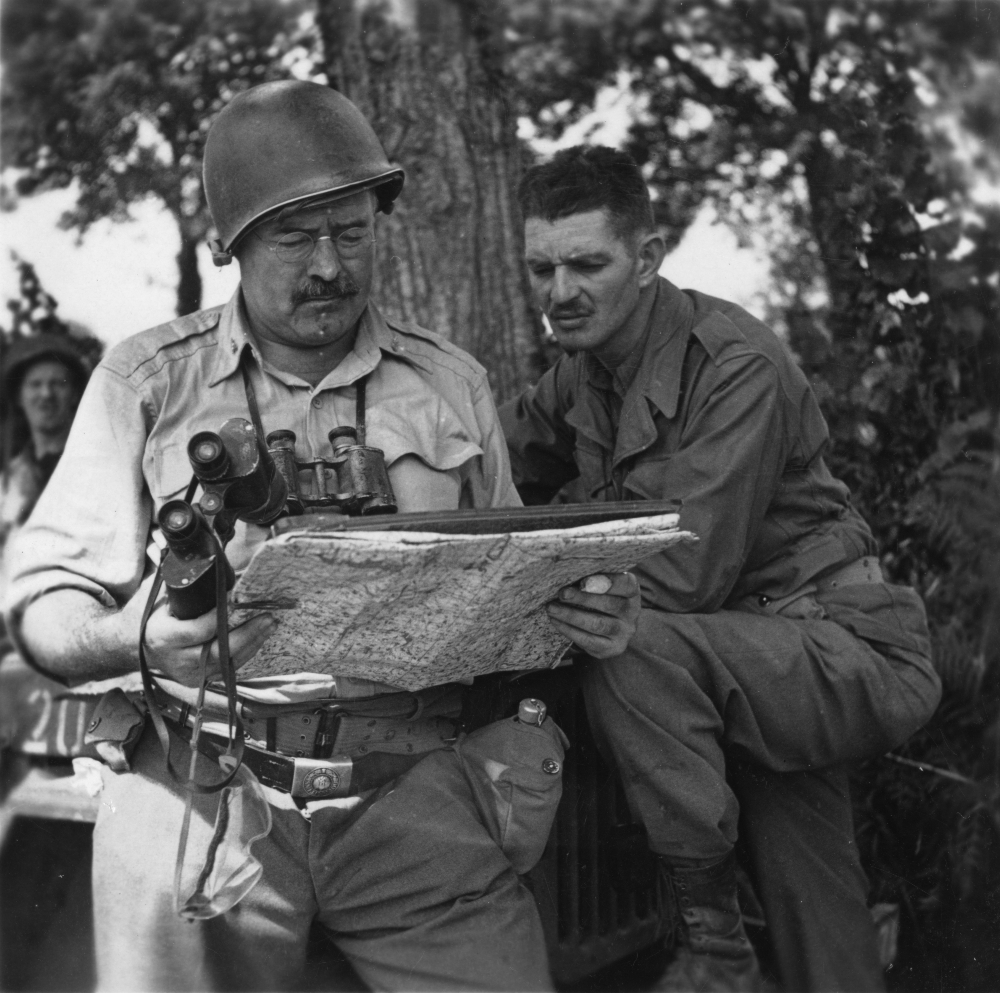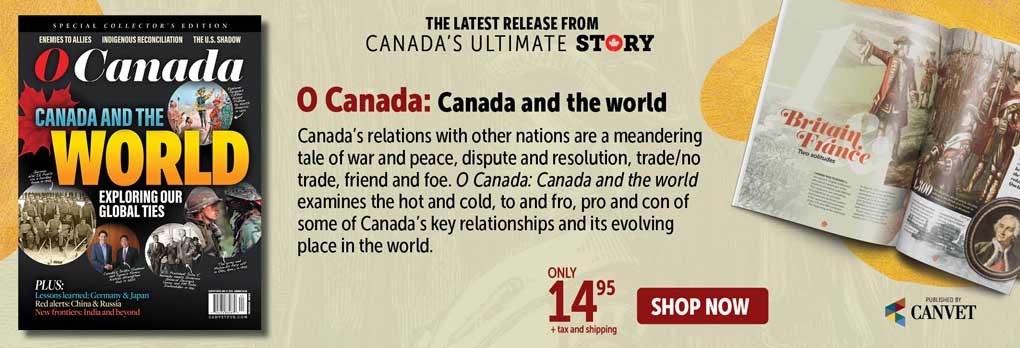 Illustration by Malcolm Jones
Illustration by Malcolm Jones
I know that Ernest Hemingway, the Nobel Prize-winning literary titan, is revered the world over as a truly revolutionary writer of the 20th century. He stripped his prose right down to the bone and influenced generations of writers to follow his lead. But the truth is, I don’t much like Hemingway’s writing. You see, I hail from the “why use six words when 12 will do” school of writing.
My issues with Hemingway’s prose style aside, I’m certainly not the only one who finds him far from likable as a person, though I remain fascinated by his life, particularly his time in Paris. In fact, I’m writing this from the City of Light, where in August 1944, Hemingway pulled off a stunt that enraged Allied commanders, amused Parisians, and fueled the great Hemingway myth-making machine for years to come.
Hemingway is best known for his novels, his fiction, which stands to reason as his relationship with facts and the truth, particularly when telling stories about himself, is somewhat, shall we say, loose and freewheeling. Hemingway was never actually in the military. As a 19-year-old, he was eager to test his mettle on the battlefields of the First World War, but was rejected for his poor eyesight. Set on getting into the action anyway, he joined the Red Cross instead and served as an ambulance driver near the front in Italy. He was severely injured when a mortar shell exploded nearby yet he still rescued a wounded Italian soldier, pulling him to safety. He was justly decorated for heroism.
Recovering at home back in Oak Park, Illinois, Hemingway embellished and exaggerated his role in that fateful battle, elevating it far beyond his station of a lowly ambulance driver. The storytelling die was cast early.
Skip ahead nearly 25 years when Hemingway, at 45, was the reigning heavyweight writer in the world. He was in Europe in August covering the last days of the Second World War for Collier’s magazine. In light of what followed, clearly he was interested in doing far more than merely reporting on the war.
He, along with other journalists, was attached to Allied troops as they made their way across the French countryside to Paris. They encountered some resistance from retreating German soldiers along the way, but not too much. It seems there were not enough skirmishes for Hemingway. He apparently grew bored.

Ernest Hemingway with soldier looking at a map in World War II. [Ernest Hemingway Collection at the John F. Kennedy Presidential Library.]
It sounds far-fetched, but he actually recruited a ragtag gang of a dozen or so Maquis fighters, as rural members of the French resistance were known. He outfitted them in uniforms posthumously donated by a cavalry reconnaissance unit. He somehow armed them, too. Then, in true Hemingway style, he took command as they began to fight their way to Paris, in essence, as a private militia. Wearing fatigues and an infantry helmet he’d found, Hemingway was in his element, barking orders, leading patrols to flush out the enemy, and “liberating” wine and booze in every French town through which they passed.

Just to be clear, as readers of this magazine are likely to know, there were strict rules governing the behaviour of journalists embedded with fighting troops in an active theatre of war. While I’m no expert, I’m pretty sure a magazine reporter recruiting, arming and commanding his own private platoon, fell slightly outside the regulations, even for Hemingway. The Allied generals were not happy.
By Aug. 25, Hemingway and his company made it to Paris. Some have suggested—OK, it was Hemingway himself who suggested—that he was the first American in Paris as the Germans fled the city. But the great writer had a particular objective in mind. It wasn’t the liberation of the city that drove him, but the liberation of the Ritz Hotel, more specifically, the liberation of the hotel bar, more specifically still, the liberation of the precious champagne stock in the storeroom below the bar. Hemingway’s mission was really about libation, not liberation. But it makes a great story and Hemingway told it often, and never the same way twice.
Terry Fallis is the author of five novels and twice the winner of the Stephen Leacock Medal for Humour.
Advertisement






















